The 13 colonies were the foundation upon which America was built. These colonies existed in the late 16th century, and played a crucial role in the formation of the United States of America. The 13 colonies were located on the eastern coast of North America, and were divided into three regions- New England, Middle Colonies, and Southern Colonies. Each of these regions had a unique culture, economy, and society.
New England Colonies
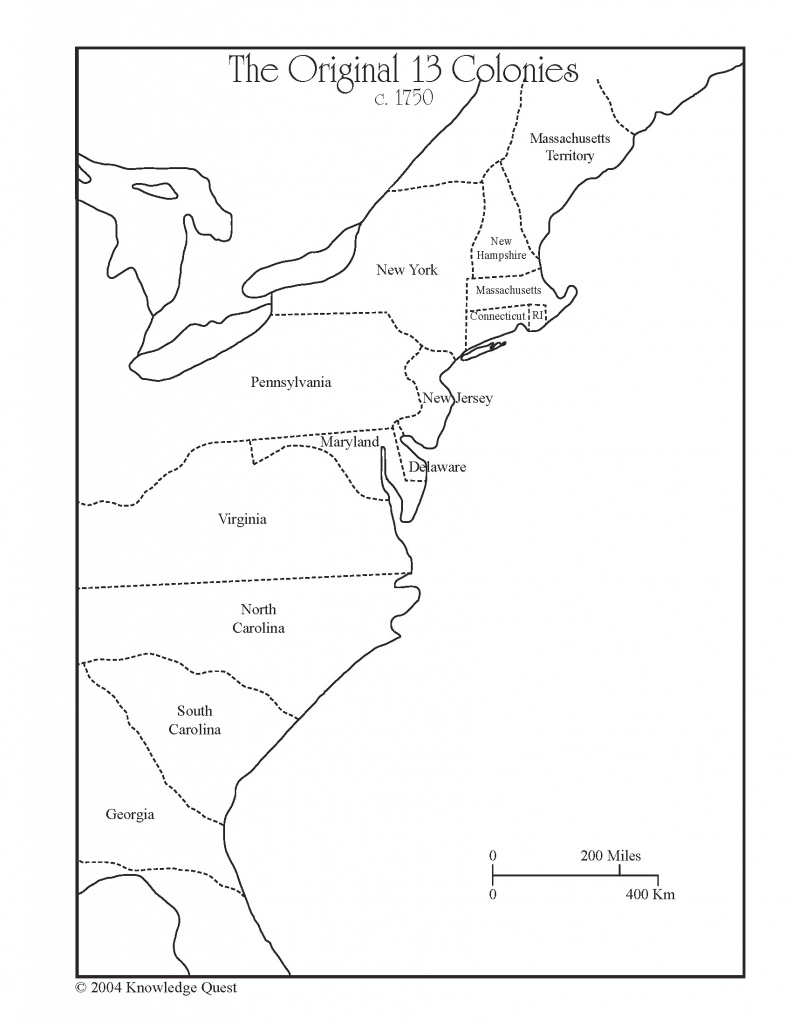 The New England Colonies were located in the north-eastern region of North America. They consisted of Massachusetts, Rhode Island, New Hampshire, Connecticut, and Maine. The New England Colonies were founded by Puritan settlers in the early 17th century, and were characterised by their strong religious values. The economy of the New England Colonies was based on fishing, shipbuilding, and trading. The region is known for its picturesque landscapes, and historic towns and cities.
The New England Colonies were located in the north-eastern region of North America. They consisted of Massachusetts, Rhode Island, New Hampshire, Connecticut, and Maine. The New England Colonies were founded by Puritan settlers in the early 17th century, and were characterised by their strong religious values. The economy of the New England Colonies was based on fishing, shipbuilding, and trading. The region is known for its picturesque landscapes, and historic towns and cities.
Middle Colonies
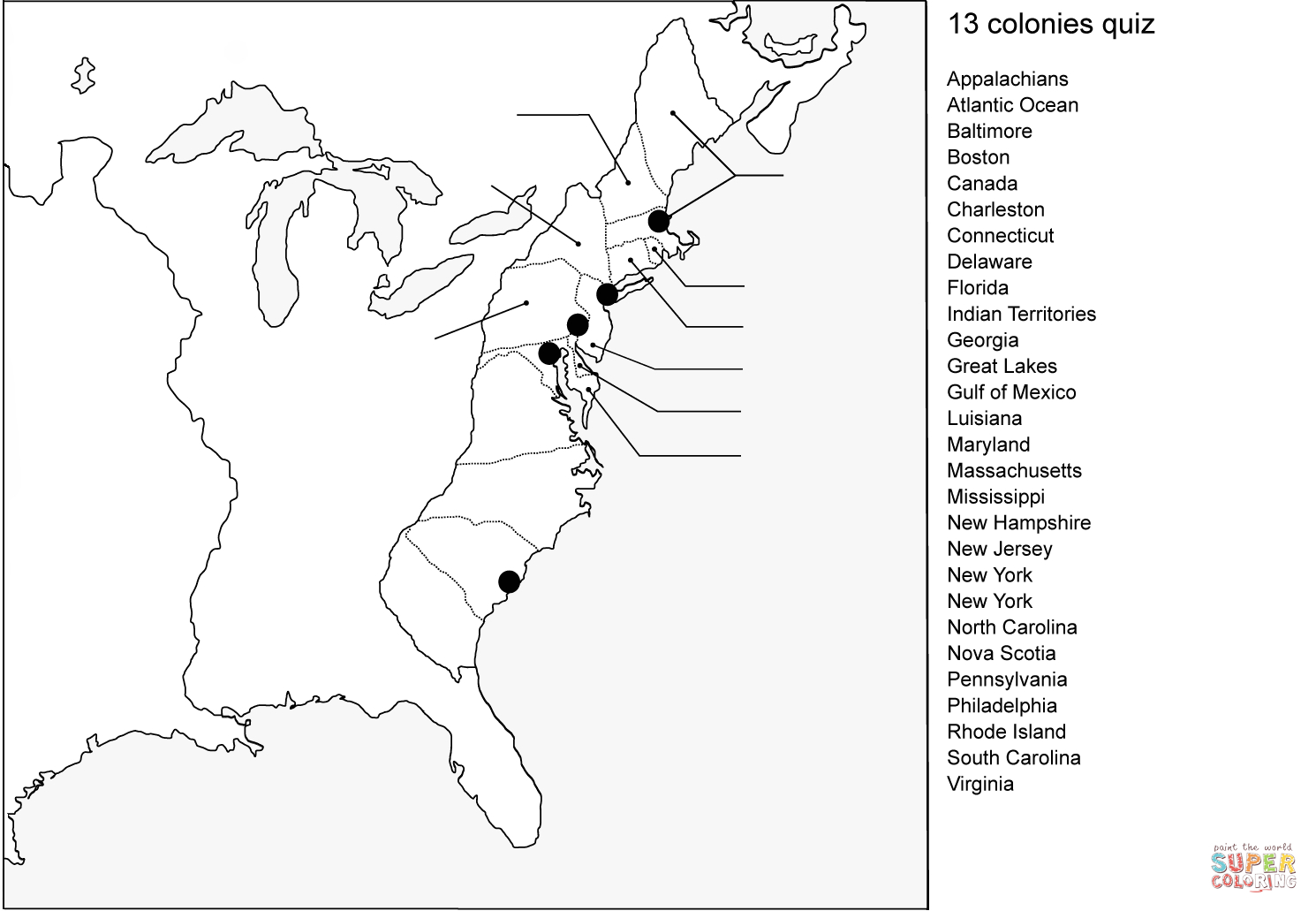 The Middle Colonies were composed of New York, New Jersey, Pennsylvania, and Delaware. These colonies were founded in the early 17th century, and were characterised by their diverse population. The economy of the Middle Colonies was based on agriculture, with grains, livestock, and timber being major exports. The Middle Colonies were known for their bustling ports, and were considered a melting pot of cultures.
The Middle Colonies were composed of New York, New Jersey, Pennsylvania, and Delaware. These colonies were founded in the early 17th century, and were characterised by their diverse population. The economy of the Middle Colonies was based on agriculture, with grains, livestock, and timber being major exports. The Middle Colonies were known for their bustling ports, and were considered a melting pot of cultures.
Southern Colonies
 The Southern Colonies were comprised of Maryland, Virginia, North Carolina, South Carolina, and Georgia. These colonies were founded in the early to mid 17th century, and were characterised by their reliance on agriculture. The Southern Colonies were primarily agrarian, with tobacco, rice, and indigo being major exports. The region was known for its large plantations, and slave labour was used to cultivate crops.
The Southern Colonies were comprised of Maryland, Virginia, North Carolina, South Carolina, and Georgia. These colonies were founded in the early to mid 17th century, and were characterised by their reliance on agriculture. The Southern Colonies were primarily agrarian, with tobacco, rice, and indigo being major exports. The region was known for its large plantations, and slave labour was used to cultivate crops.
History of the 13 Colonies
 The 13 Colonies were established by English settlers in the late 16th and early 17th centuries. These settlers were looking for new opportunities, and a fresh start in life. The first successful English colony was established at Jamestown, Virginia in 1607. This was followed by the founding of Plymouth Colony in Massachusetts in 1620. Over the next century, more colonies were established, and the population of the 13 Colonies grew rapidly.
The 13 Colonies were established by English settlers in the late 16th and early 17th centuries. These settlers were looking for new opportunities, and a fresh start in life. The first successful English colony was established at Jamestown, Virginia in 1607. This was followed by the founding of Plymouth Colony in Massachusetts in 1620. Over the next century, more colonies were established, and the population of the 13 Colonies grew rapidly.
Impact of the 13 Colonies
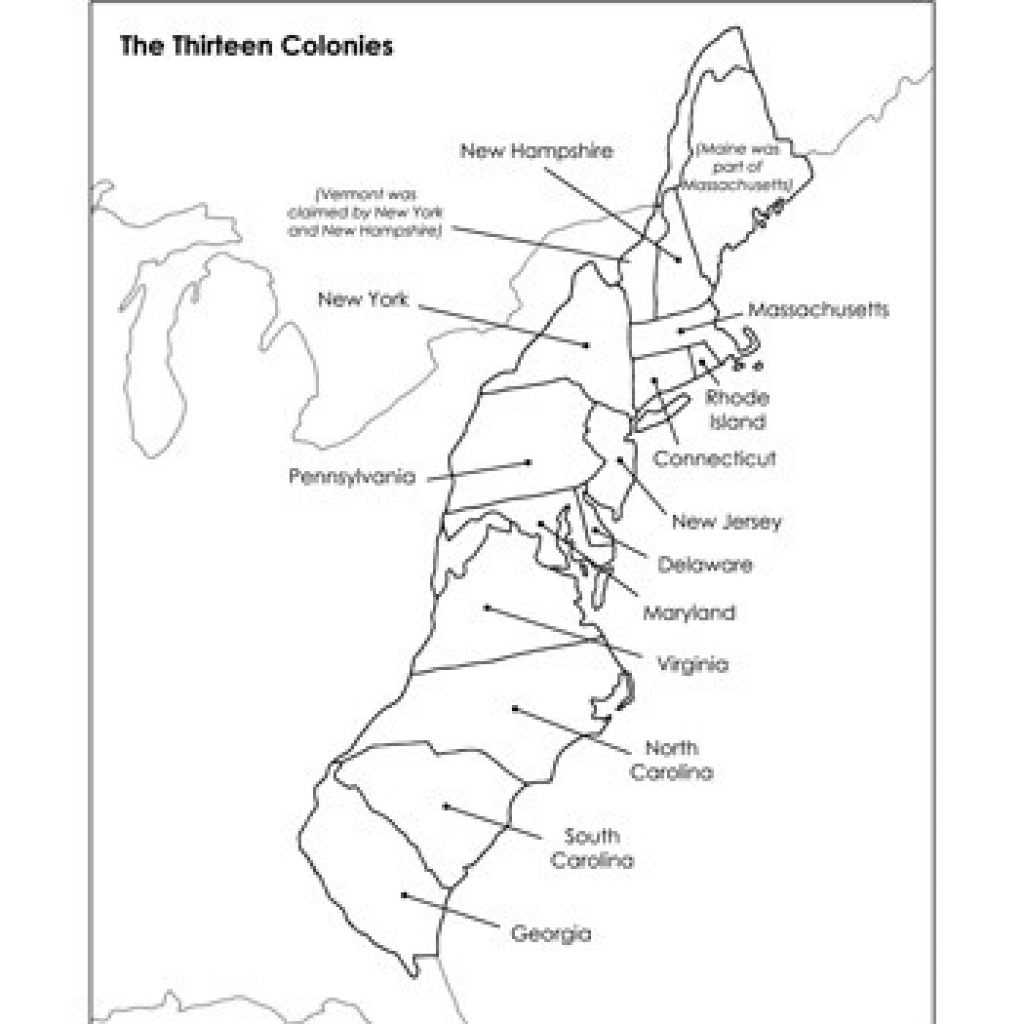 The 13 Colonies played a crucial role in the formation of the United States of America. The colonies were the first successful British colonies in North America, and provided a template for subsequent British colonies. The 13 Colonies were also instrumental in the American Revolution, which led to the formation of the United States. The revolution was led by the Founding Fathers, who were inspired by the Enlightenment ideals of liberty, equality, and democracy.
The 13 Colonies played a crucial role in the formation of the United States of America. The colonies were the first successful British colonies in North America, and provided a template for subsequent British colonies. The 13 Colonies were also instrumental in the American Revolution, which led to the formation of the United States. The revolution was led by the Founding Fathers, who were inspired by the Enlightenment ideals of liberty, equality, and democracy.
Legacy of the 13 Colonies
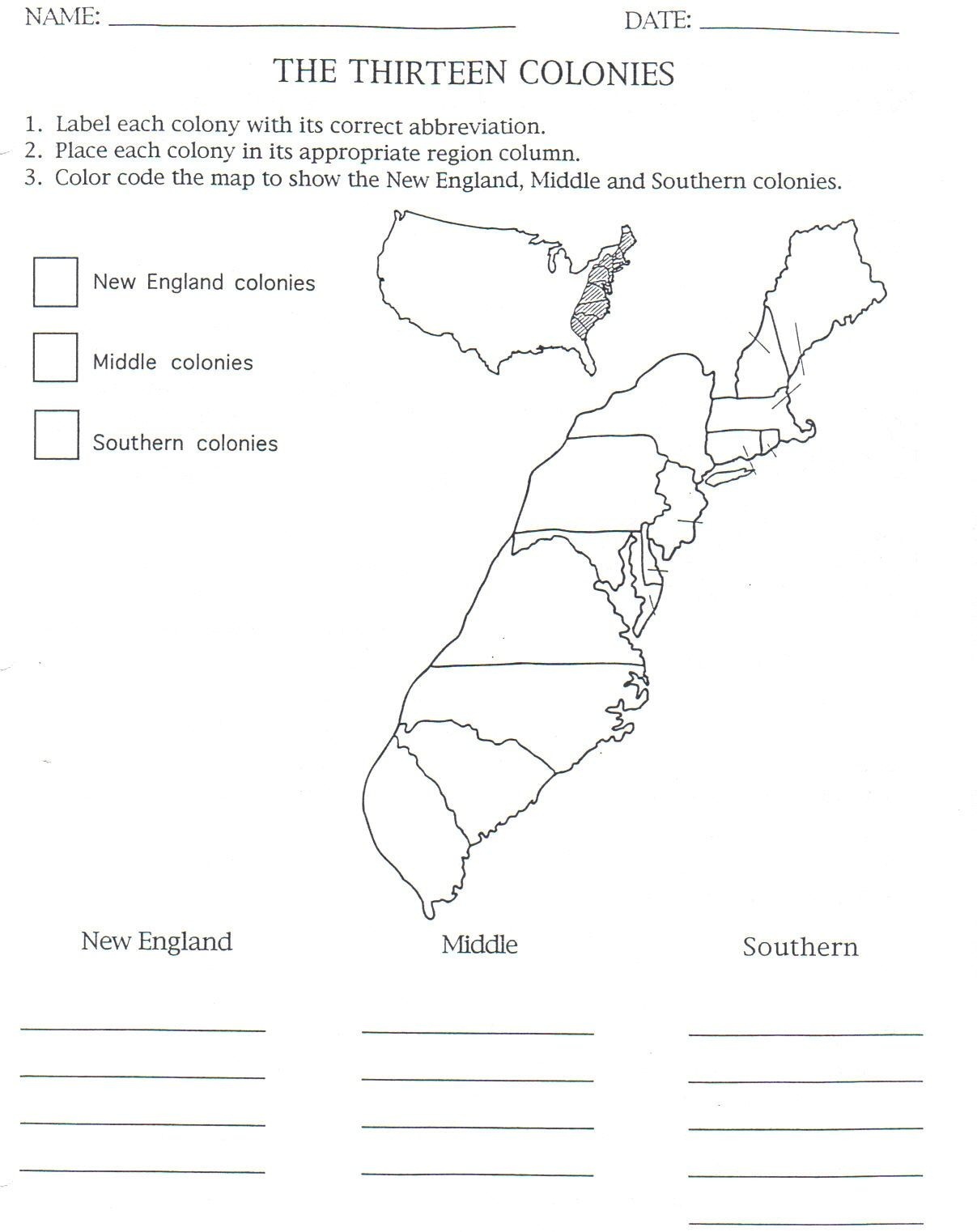 The legacy of the 13 Colonies can be seen in the modern United States. The ideals of liberty, equality, and democracy that the Founding Fathers espoused are still alive and well in America today. The 13 Colonies also left a lasting cultural and architectural legacy, with many historic sites and landmarks scattered throughout the country. The United States remains a beacon of hope and freedom to many around the world, and owes much of its success to the foundation laid by the 13 Colonies.
The legacy of the 13 Colonies can be seen in the modern United States. The ideals of liberty, equality, and democracy that the Founding Fathers espoused are still alive and well in America today. The 13 Colonies also left a lasting cultural and architectural legacy, with many historic sites and landmarks scattered throughout the country. The United States remains a beacon of hope and freedom to many around the world, and owes much of its success to the foundation laid by the 13 Colonies.
The Importance of Studying the 13 Colonies
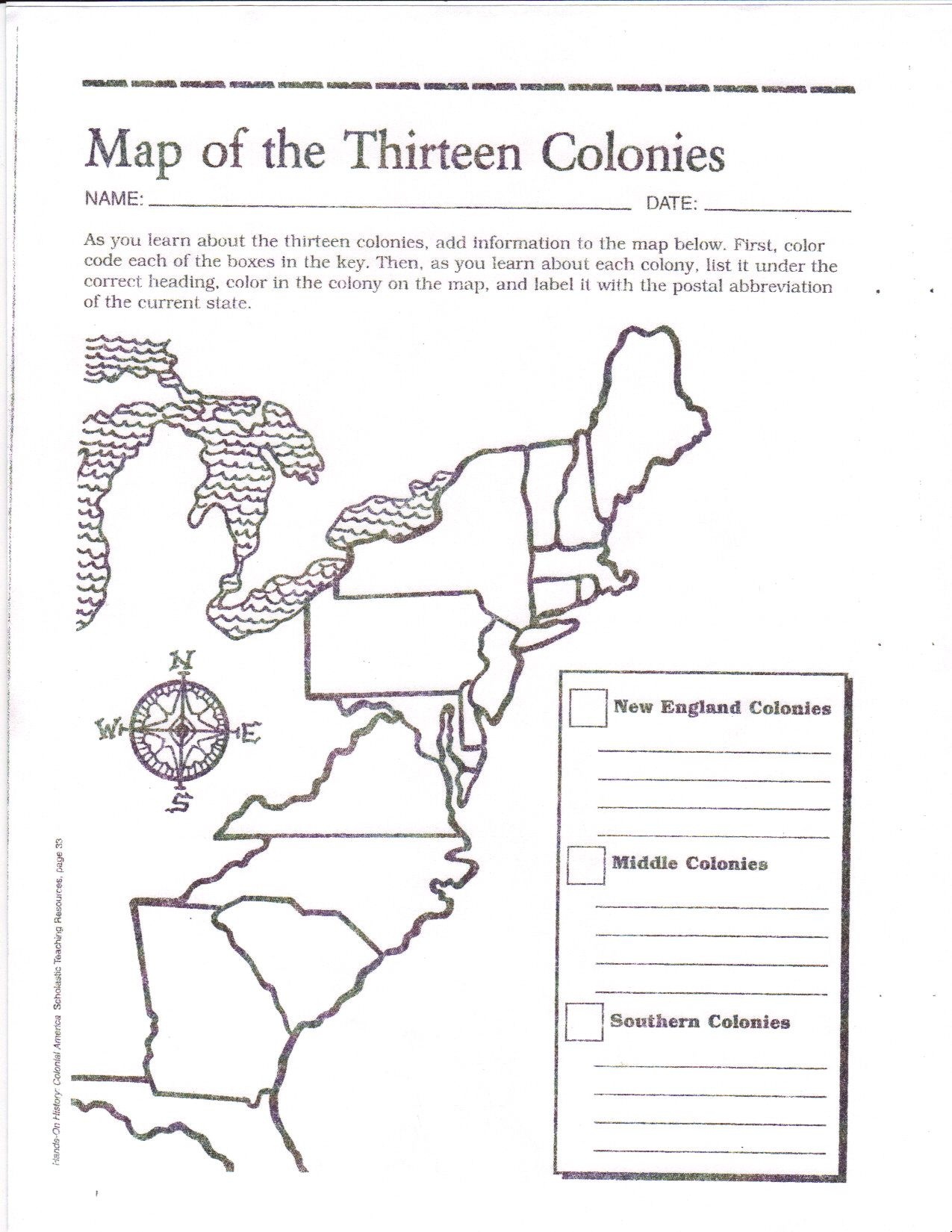 The study of the 13 Colonies is important for several reasons. Firstly, the colonies played a crucial role in the formation of the United States. A thorough understanding of the colonies can help us better understand the political, social, and economic forces that shaped America. Secondly, the 13 Colonies left a lasting cultural and architectural legacy, and studying them can help us better appreciate and preserve our cultural heritage. Lastly, the study of the 13 Colonies can help us develop a greater appreciation for the ideals of liberty, equality, and democracy, and inspire us to work towards a better future for ourselves and our fellow citizens.
The study of the 13 Colonies is important for several reasons. Firstly, the colonies played a crucial role in the formation of the United States. A thorough understanding of the colonies can help us better understand the political, social, and economic forces that shaped America. Secondly, the 13 Colonies left a lasting cultural and architectural legacy, and studying them can help us better appreciate and preserve our cultural heritage. Lastly, the study of the 13 Colonies can help us develop a greater appreciation for the ideals of liberty, equality, and democracy, and inspire us to work towards a better future for ourselves and our fellow citizens.
In Conclusion
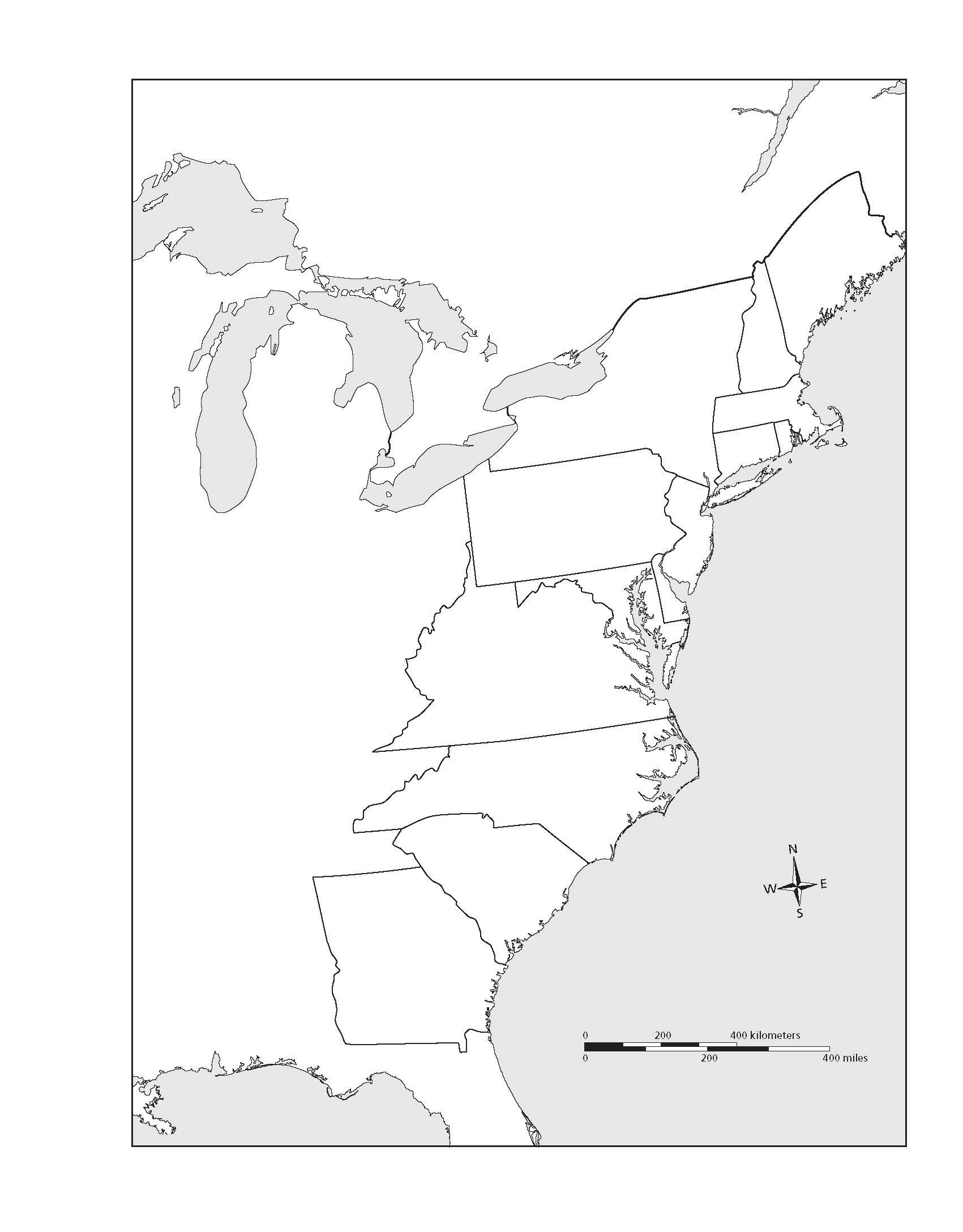 The 13 Colonies were the foundation upon which America was built. They embodied the ideals of liberty, equality, and democracy, and played a crucial role in the formation of the United States. The legacy of the 13 Colonies can be seen in the modern United States, and a thorough understanding of these colonies is essential for anyone who wishes to truly appreciate and understand American history and culture.
The 13 Colonies were the foundation upon which America was built. They embodied the ideals of liberty, equality, and democracy, and played a crucial role in the formation of the United States. The legacy of the 13 Colonies can be seen in the modern United States, and a thorough understanding of these colonies is essential for anyone who wishes to truly appreciate and understand American history and culture.